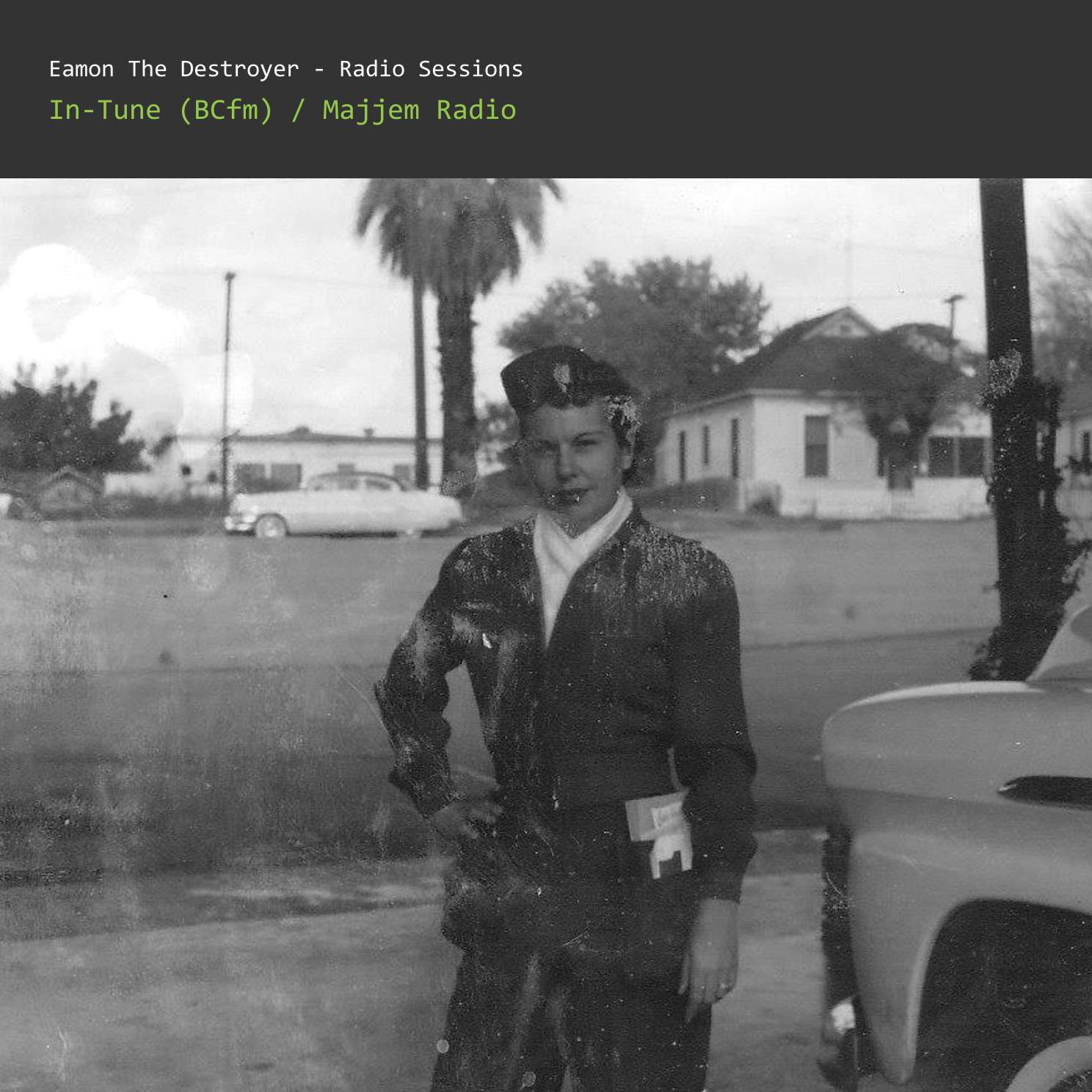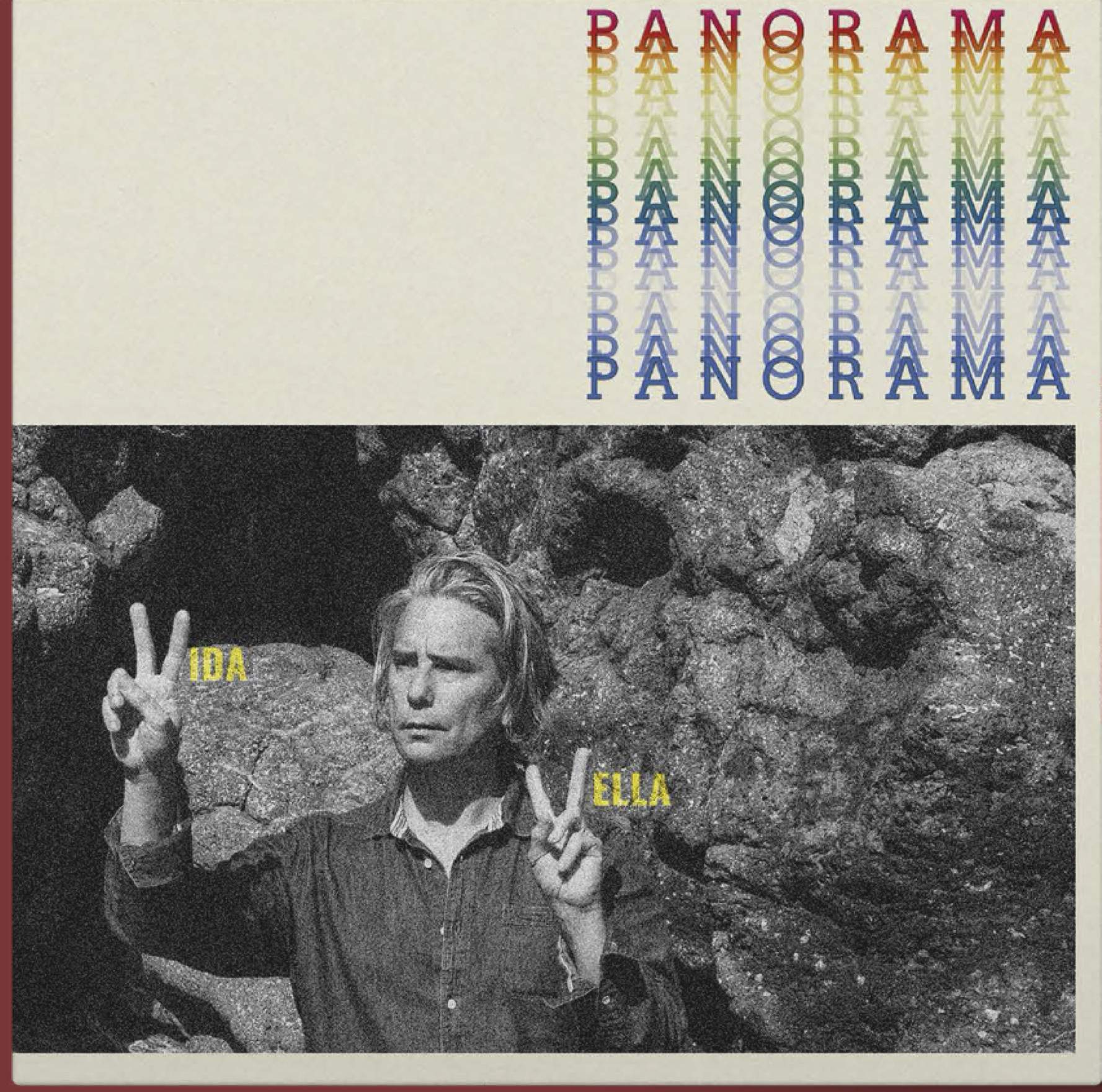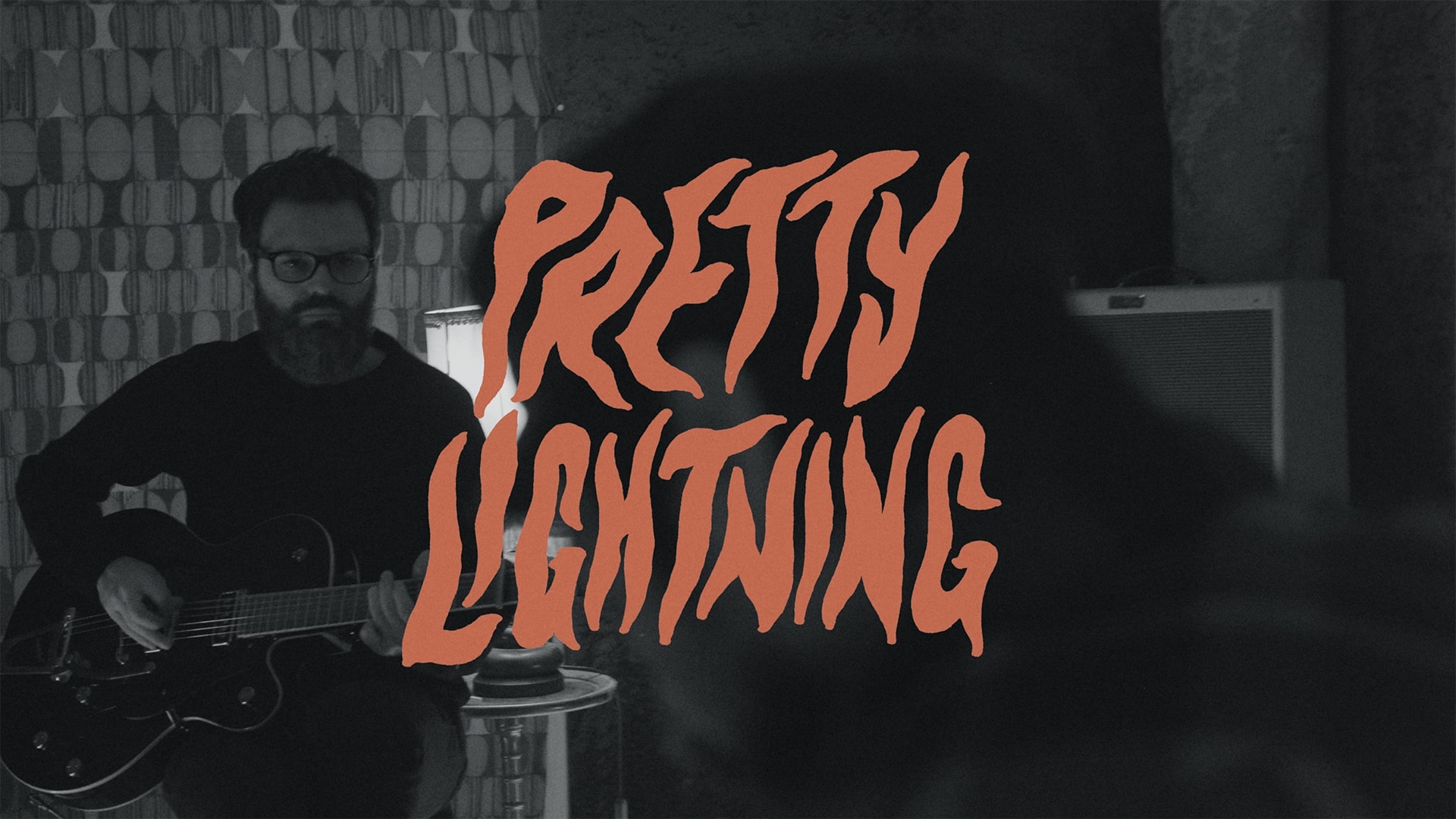La Fureur De Vouivre
La Fureur De Vouivre is the French duo of field ethnologist Pauline Marx and instrument builder Julien Groboz. They made a psych trance folk album together, called ‘L’Herbe Qui Rend Amoureux’.
“Savage folk music uninhibited of traditional codes”
Can you tell me a bit about yourself?
Pauline Marx: I’m a student in field ethnology. I make some research about cartography of invisible territories: the lands of non-human beings (elves, trolls,…) in France, Iceland and Ireland. I’m passionate about traditional French music and I make a collection of very very old songs that I try to sing in everyday life.
I was born in Besancon, in the east of France, where the cheese is the best.
Julien Groboz: I’m a designer of many different objects (lamps, spoons, bags, breads,…). I love to take time to make the perfect object. Sometimes I prefer to slow down the time to appreciate a bird song or to take a picture of a funny insect.
I grew up near Paris.
Where did the both of you meet?
Both: We met at a little magic festival organised by friends of us where we decided to play together.
What do you have in common?
Both: We try to combine our knowledge to invent some instruments: strange flutes, savage oboe with cane reeds which sometimes refuse to work, stone percussion,… We consider these instrument as sneaky little people.
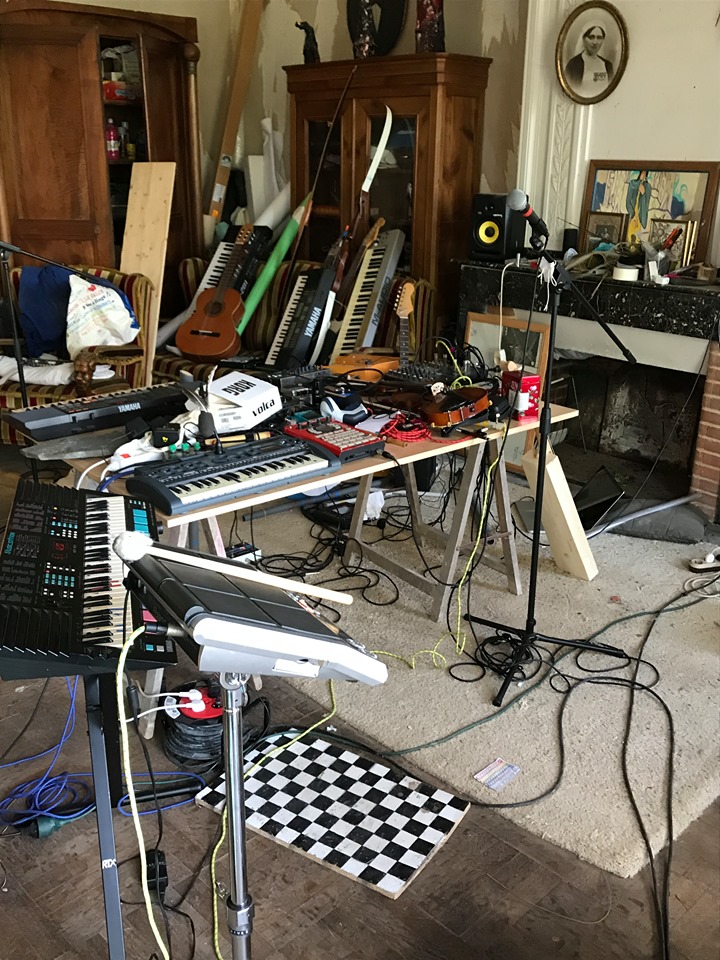
What were your intentions when you started playing together?
Both: At start, we tried to learn traditional structures of folk songs because of the ‘trance effect’ of this music but we didn’t really want to do traditional music, we wanted to create an imaginary and savage folk music uninhibited of trad’ codes. We also didn’t want to control our fragile instruments but play with their hazard and their weakness. We privileged the way of surprising errors who conducted us in unsuspected lands. This is also why we use an old synthesizer and sampler, which are not very precise.
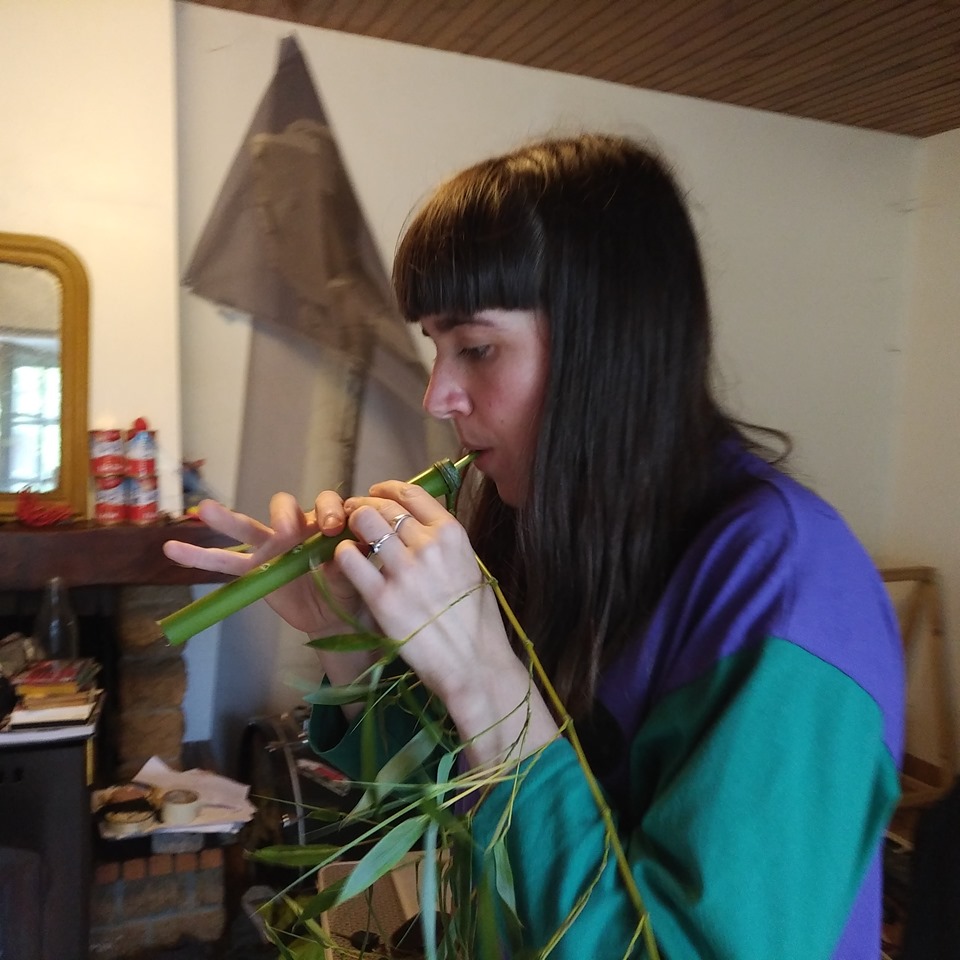
What does the name of the band mean?
Both: ‘La Fureur De Vouivre’ is a word play which is not easy to translate. It’s a word play on the expression ‘la fureur de vivre’, which means ‘the fury of living’. The ‘vouivre’ is a legendary flying snake in France. There are a lot of old stories about it here. This snake moves along the telluric ways and she (it’s always a girl) wears a magic jewel on the forehead. Sometimes she hides this jewels amongs the reeds when she goes to swim in a fountain. But don’t try to steal it, you will regret it.
Pauline: For me, it was a metaphor of a sine wave of music, a kind of entity that we can call with our flutes.
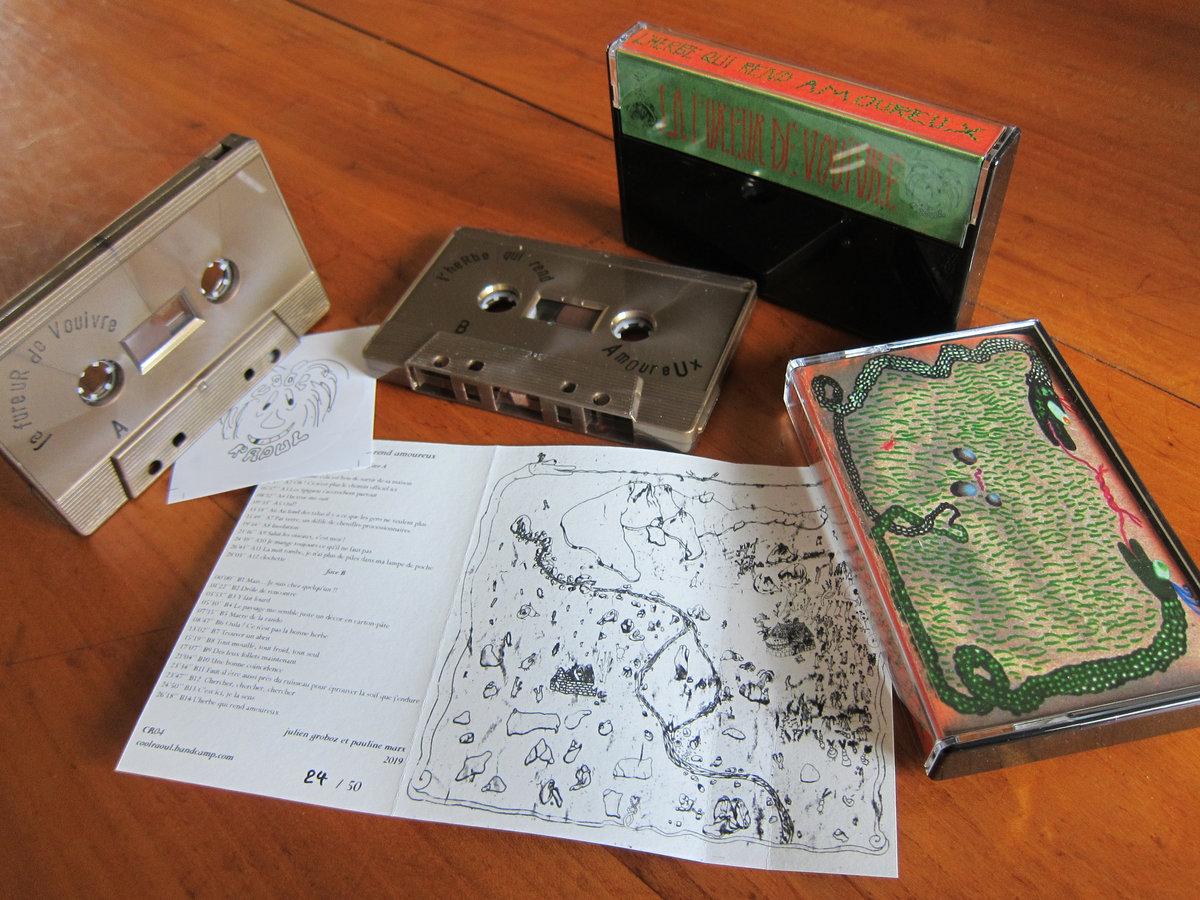
“The repetition of patterns seem to create some effects in our brain.”
You made one album, ‘L’Herbe Qui Rend Amoureux’.
Both: We recorded ‘L’Herbe Qui Rend Amoureux’ during spring 2019, in a big farm on the French countryside where we live with a lot of friends. We made a lot of field recordings. Sometimes we played outside to record bird songs and plane songs. We are very lucky to live here because there are a lot of birds, which we are very much influenced by. We have a couple of swallows who live in our living room. In the garden there’s a nightingale, an eurasian jay, a hoopoe, a blackbird,…
Because this is for a magazine called ‘Psychedelic Baby’; would you consider your music psychedelic?
Both: We think our music is a bit psychedelic because we use samplers to loop the melody of our savage instruments of wood, herbs and reeds. The repetition of these melodies, the raw percussion and the traditional structure of songs create sometimes a situation of trance. The repetition of patterns seem to create some effects in our brain. Our music is very often dance music, music one can dance to in a group, in a round, everybody giving hands. This collective movement creates something psychedelic too.
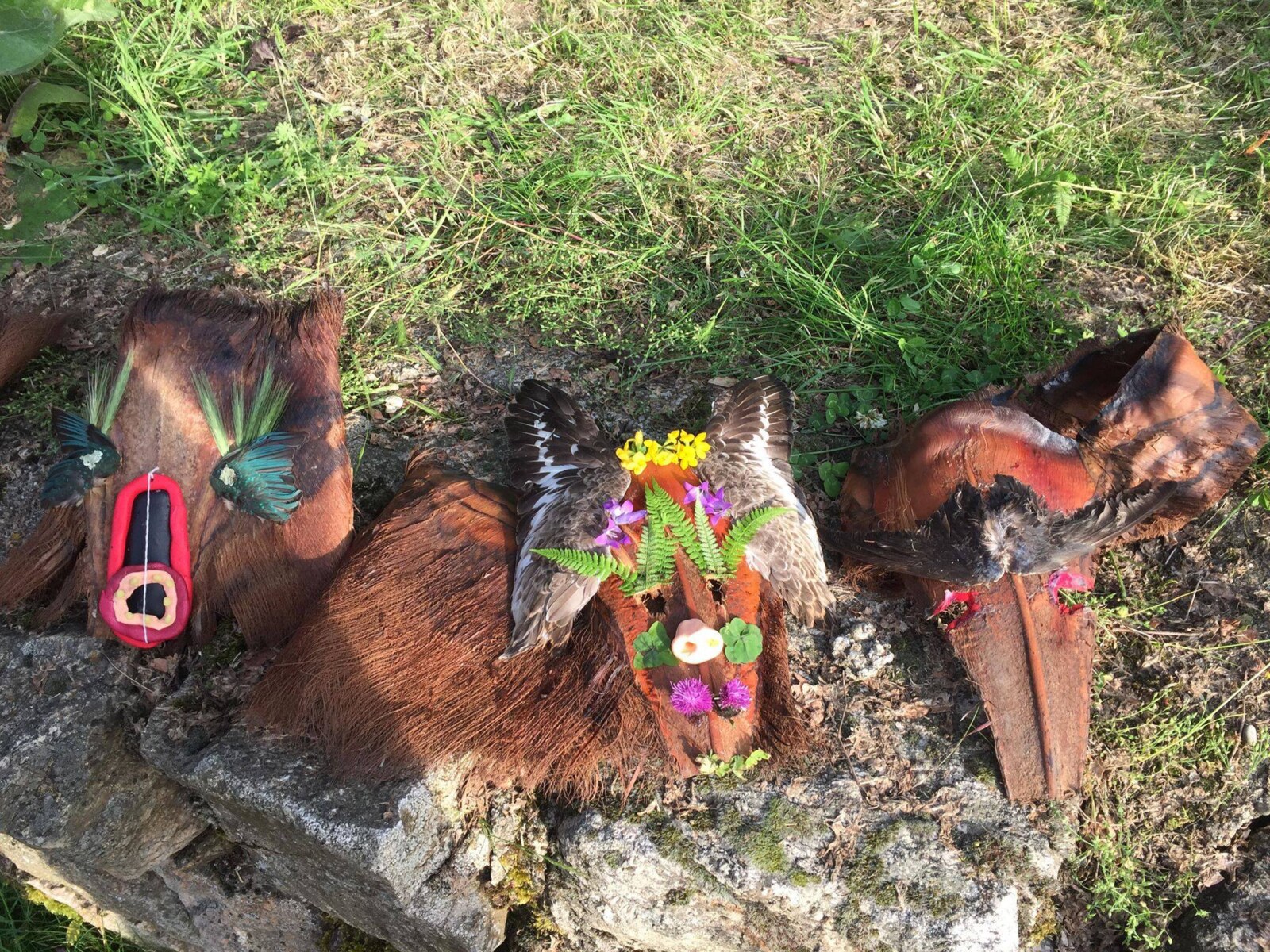
The collective aspect is very important to us. When we play, we try to connect with the public, to feel it and to play with it. Sometimes we organize a little workshop of making masks before our gigs: bread masks or masks made out of vegetables that people can create and wear during our show. We prefer to play in the countryside, it’s a strange or beautiful place. We are more confident there because we try to let the landscape go in our bodies.
– Joeri Bruyninckx
Pauline Marx Soundcloud
Julien Groboz Soundcloud

